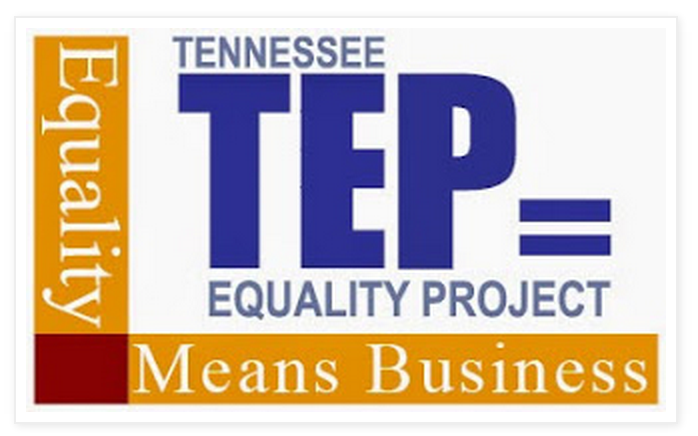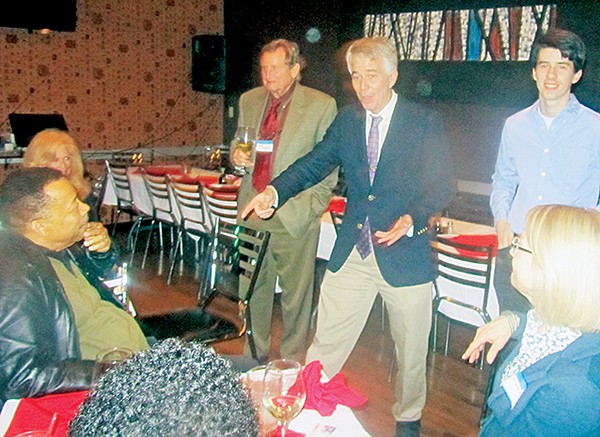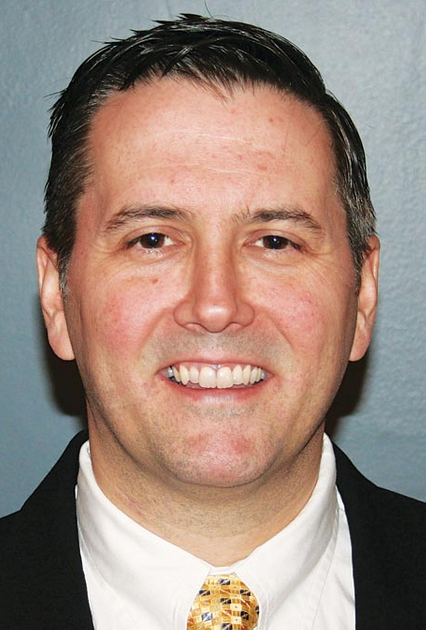
The Sheffield High School Knights
On a cloudy late May afternoon, the young men of the Sheffield High School Knights soccer team disembarked from the charter coach that carried them home to Memphis, after suffering a dramatic defeat at the state championships in Murfreesboro.
That devastating loss came after a game that ran into double overtime, but the boys still took tremendous pride in making it to the final four at the TSSAA Spring Fling, which features the top high school athletes in the state going head-to-head for state titles in everything from basketball and bowling to track and tennis.
The Sheffield boys dropped their travel bags on the pavement, retrieved their soccer balls from their equipment bags, and gathered on their home turf in drill circles. After a four-hour bus ride, their immediate inclination was to get right back into the game — not because their coach expected it, but because these kids live and breathe soccer.
Every boy on the team is a first-generation American whose family has relocated to Memphis from thousands of miles away — from Mexico or from various African countries, including Guinea, Senegal, and Mauritania. Passion for soccer is ingrained in their cultures.
Ibrahima Sow, a native of Senegal, began playing soccer when he was 5 years old. The starting player at Sheffield is known as “Ferrari,” a nod to his extraordinary speed on the playing field. “This was a big accomplishment for us,” Sow said. “This isn’t just a team; we’re a family.”
Despite the Sheffield players’ experience and prowess on the field, they nearly missed out on the season altogether because they didn’t have a coach. Jonathan Cole, a senior English teacher with no coaching experience, took on the challenge of trading in Shakespeare for shin guards, knowing it was the only shot these kids had at competing in the sport they love.
“I was kind of embarrassed to tell them I didn’t know anything, yet I was going to coach them,” said Cole, 39, who last played soccer as a kid in the 1980s.
He devoted his free time to researching soccer strategies and watching YouTube videos of soccer stars such as Lionel Messi and Cristiano Ronaldo.
Cole said his boys were at first skeptical of his coaching abilities, and some of them, particularly the seniors, questioned his knowledge.
“They were probably thinking, Who’s this white man coming in here and telling me how to play soccer, when I’ve been playing it my whole life? And there’s some validity to that,” Cole said. His research and growing passion for the sport paid off when the players slowly began to accept him as their leader.
Given his team’s talent, he wasn’t surprised when they made it to the state finals. But Cole and his boys were well aware they’d be the underdogs. These young men live in households where parents work multiple jobs, and the boys themselves work and often care for younger siblings.
“Our coach lives, like, 45 minutes away, and he would take us all in his jeep and drive us to practices and games,” Sow said. “He did whatever we needed.”
And their needs were plenty. Sheffield was up against affluent, predominantly white suburban teams from private schools in Knoxville and Chattanooga.
“The other teams have a lot of organization and money and coaches who really know soccer and have coached for many years,” Cole said. “Structurally, they’re managed completely different, but they don’t have the raw talent and passion, which is what took us so far.”
Cole’s wife, Meridith, launched a successful GoFundMe campaign to cover money for uniforms, equipment, and travel. But then the team suffered personal tragedies.
A car carrying four teenage fans crashed on the way to a game, killing one player’s sister and leaving his other sister in critical condition.
Another player lost all his belongings when his home caught fire. The team passed an envelope around the school to collect money for the player’s family, while Cole and his wife purchased new cleats and equipment for the boy.
This season has left an indelible impact on the players and their coach.
Cole, who said he will coach soccer again at Sheffield next year, tears up when he reflects on the season. “This experience has changed my life in so many ways,” he said. “These boys are family, and they’ve brought my own family closer together.”


